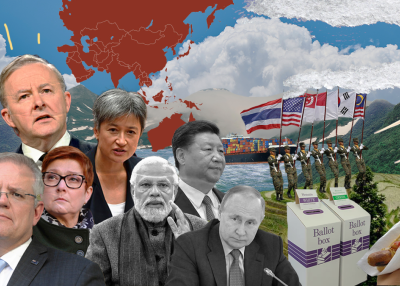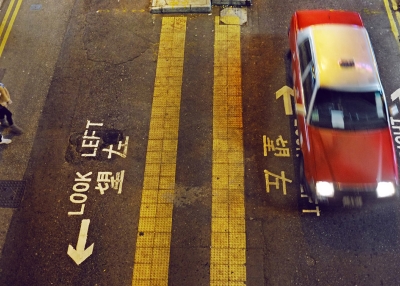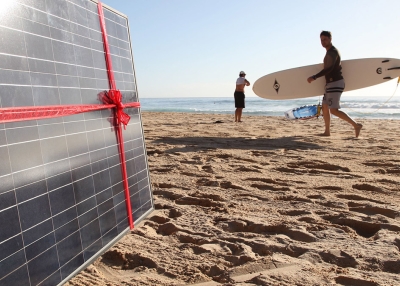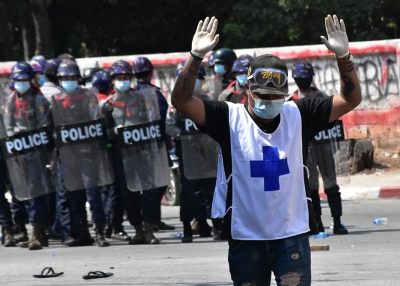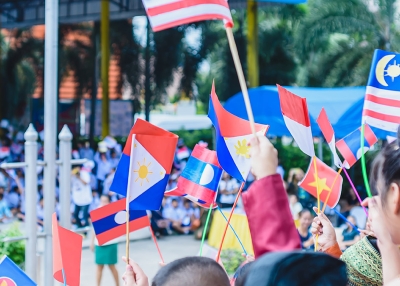Election Policy Brief | Securing Australia’s Supply Chains
by Dr Hermione Parsons, Advisor, non-executive Director and the former Director of Supply Chains and Logistics R&D centres at Deakin and Victoria Universities
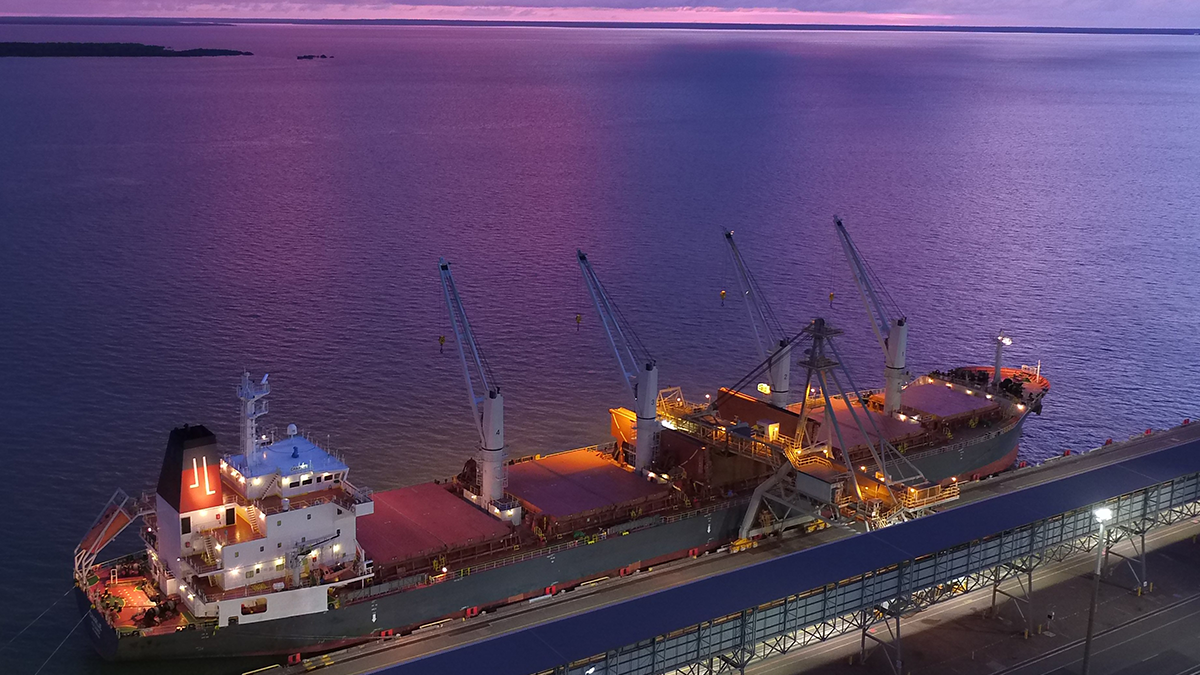
What is the issue?
Supply chains are invisible when society is functioning well. Disruption caused by the pandemic shone a light on supply chains as the essential enabler of all industry. At the same time, ‘supply chains’ became a catchcry for something unfathomably wrong, needing to be fixed urgently, by someone, somewhere. Australia’s governments stepped in to help, seeking top supply chain operations leadership to devise and implement emergency measures. Supply chain strategy is relatively new to Australia’s governments, as are operations.
For container freight trade, Australia is a small market, an exporter of high-grade perishable foods, and a remote ‘end destination port’ in the secondary (north-south) trade routes. Imports and exports must rely on sea or air transportation and Australia is more exposed in a crisis than many competitor nations. In March 2019, when Australia was ‘locked down’, freight transportation by air virtually ceased. Since then, freight services have been scarce, fuel prices are increasing, freight rates have skyrocketed and they are not expected to return to less than two times pre-pandemic prices in the foreseeable future. Australia’s exports are often left onshore as the shipping companies prefer to collect empty containers for repositioning into profitable trade routes.
Massive global trade backlogs and delays continue to build because of the virus, with recovery expected to take up to four years and maybe longer. The invasion of Ukraine significantly worsens COVID’s impact with skyrocketing fuel costs in Australia and even more interrupted global supply chains. The scale of major supply chain disruption is evident through the cost of the Suez Canal being blocked for six days in March 2021 by the huge container ship, the Ever Given. Lloyd's List showed the stranded ship was holding up an estimated US$9.6 billion of trade along the waterway each day, compounding the impact of COVID delays globally.
Where do the major parties stand?
Since early 2019, the Australian Government’s International Freight Assistance Mechanism (IFAM) has supported valuable import and export trade. It worked because it was led and directed by the country’s top supply chain and logistics experts. But IFAM is temporary, costly and unlikely to continue.
In preparation for the 2022 elections, the main political parties are developing policies to ensure future supply chain resilience, to protect national sovereignty and to protect our trade. Supporting modern manufacturing onshore is a policy position of both parties, but e-commerce and the purchasing power of consumers in global markets may limit the success of manufacturing in Australia where labour rates are high relative to manufacturing in developing nations.
Innovation in food production and value-adding to reduce product perishability are also supported by both major parties. At this stage, some pre-pandemic infrastructure policies are being rebadged as addressing the pandemic head on. This is worthy of debate as the current predicament requires new and different strategies. The policy positions of the major parties remain largely unclear for supply chain issues.
Policy recommendations
Now more than ever, to protect Australia’s quality of life, effective government policy must reflect the expertise and stated needs of our most proficient leaders in supply chain and logistics. Policy needs to be different and entirely realistic about our current situation and immediate predicament. Pre-pandemic strategies which focussed on increasing port capacity, long-term multimodal infrastructure construction, last mile productivity and finding new international demand for our products are no longer the priority.
Policy must focus on new methods to aggregate and consolidate freight, amassing freight for competitive rates and establishing cost-effective and agile landside logistics and transportation to get the newly consolidated volumes of cargo to Australia’s most competitive air and seaports. Innovation is essential to reduce the perishability and increase the shelf life of our premium food exports. We have new harsh challenges and rehashed policy will not help.
Apart from COVID-19, the greatest supply chain challenge is an ageing male-dominated workforce and the lack of a modern capability pipeline. Operations require practical experience as well as a better educated workforce to meet Industry 4.0 business transformation. This capability pipeline is critical to Australia’s future.
Investment in creating a capability pipeline for many different supply chain occupations, plus retaining and upskilling employees, is a top priority. It is difficult to recruit key supply chain staff with vital operations knowledge as well as data analytics capability and technology skills. Truck driver shortages are endemic and agriculture supply chains suffer worker shortages across the country. Policy and investment are needed to address critical workforce shortages across more than 150 roles (from basic wage to executive management) outlined in Wayfinder’s Supply Chain Career Map.
Dr Hermione Parsons is Advisor, non-executive Director and the former Director of Supply Chains and Logistics R&D centres at Deakin and Victoria Universities and an Asia Society Australia Supply Chain Fellow. This fellowship is in partnership with the Global Victoria Trade Alliance Program.


